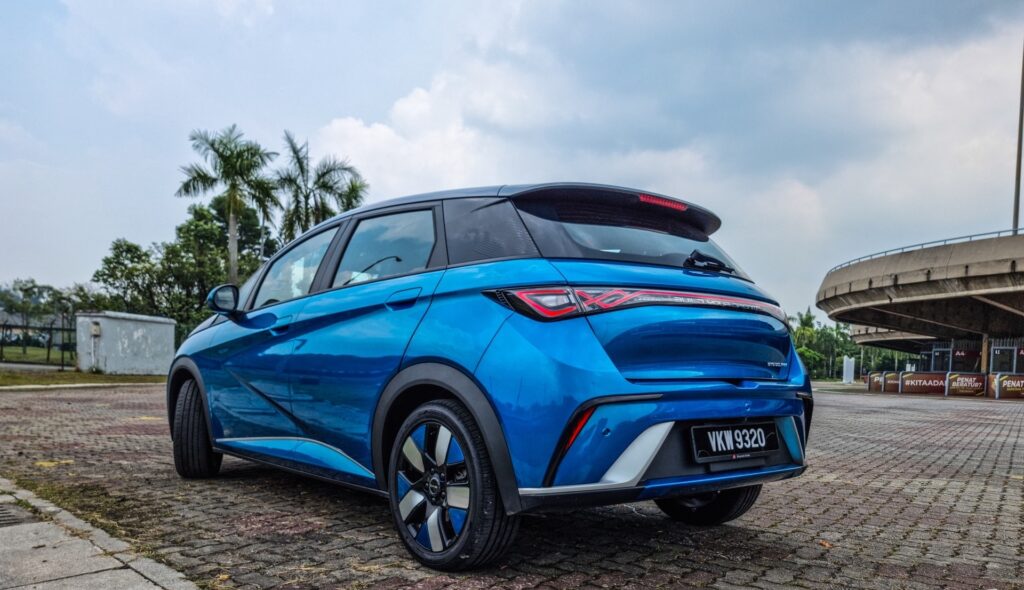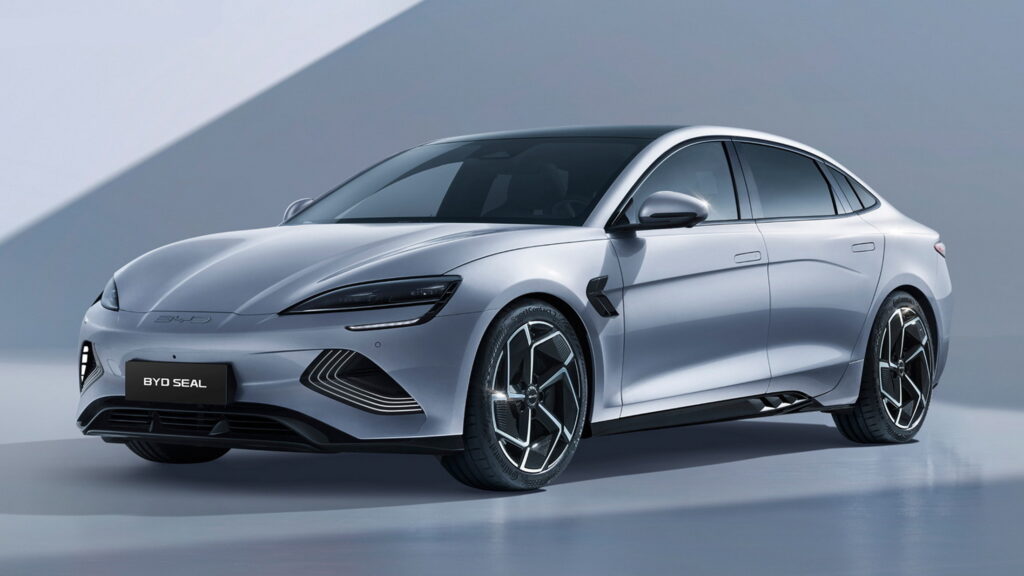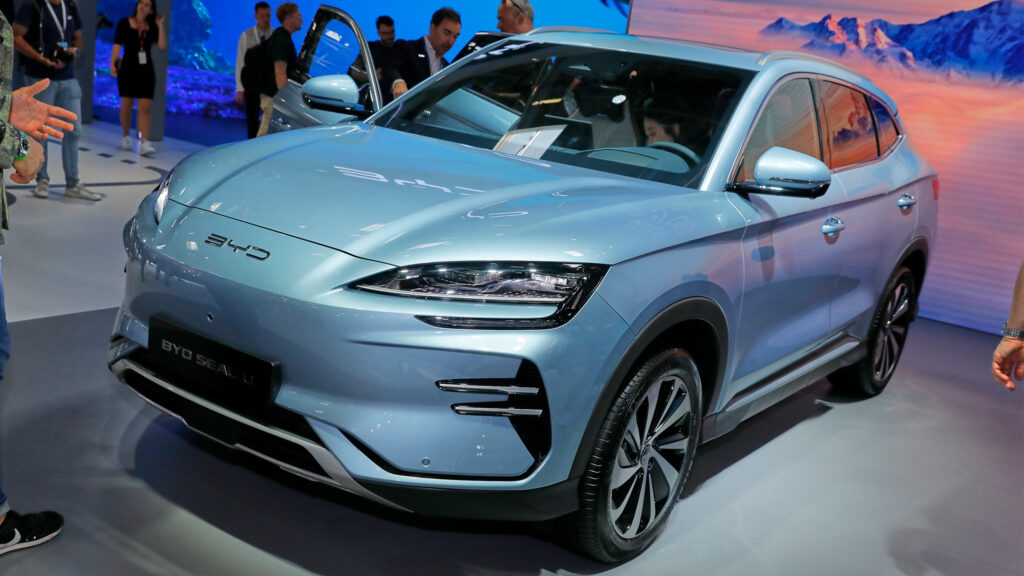BYD wants to establish itself across Europe, aiming to have a 5% share of the EV market by the time it begins building vehicles locally at its plant in Hungary.
The Chinese carmaker has been selling its models in select European markets since 2021 and last year, it sold 15,644 vehicles across the continent. While that’s only a tiny fraction of the 3 million EVs and PHEVs that BYD delivered worldwide last year, BYD Europe Michael Shu has acknowledged that the brand is just getting started in Europe and has big plans.
“We are just getting started in this region and discovering how Europeans respond to BYD technology, products and services,” Shu told Auto News. “The European market is quite different from any other large-scale market such as China and the U.S., which have one legislation and one language. We have different targets for the different markets, but for Europe as a whole we plan to reach a 5 percent share of electric car sales ahead of starting production.”

The automaker believes its plant in Hungary will play a significant role in its local expansion by providing faster deliveries and building more trust among consumers.
“Our target is to become a European company and not a Chinese company doing business in Europe,” Shu said. “It will be Europe for Europe. We will only use our advanced technology from China when we start building here, but the work will be done in a local factory, using local labor and a localized supply chain.”
Read: China’s BYD To Build First Euro Plant In Hungary After Orban’s Courting Pays Off
The Hungarian plant will initially have a capacity to build 150,000 vehicles annually but this will be later doubled to 300,000. Shu added the brand’s models will continue to be sold through dealer partners as it does not think going fully digital is the way to go, noting that “you need the awareness in the market and on the street, seeing cars in physical dealerships.”
BYD recently had a large presence at the Geneva Motor Show and brought models from its premium Denza and YangWang brands. A final decision on whether or not to launch these brands in Europe has yet to be made, although Shu mentioned that European customers like history, “so we need to create our own history as quickly as possible.”




